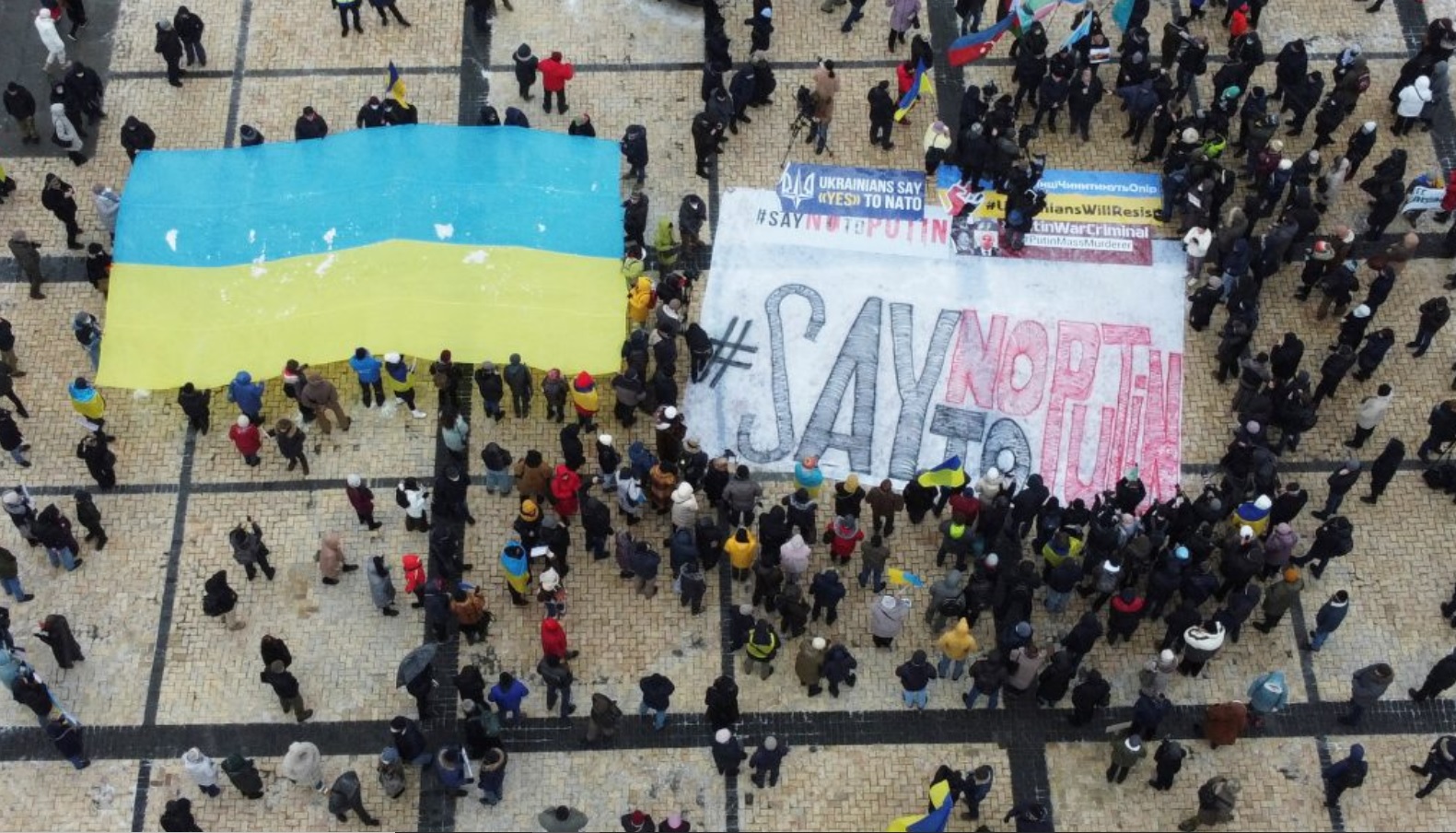Europe too often faced such moments when the questions of life and death, as well as war and peace, depended on the balance of external forces. The peaceful end of the Cold War thirty years ago should have changed bloody history and ushered in a period that then-US President George W. Bush hoped in 1989 would bring a "whole and free Europe" where Russia would find its rightful and peaceful place.
It is in this context that US President Joe Biden is gathering allies for a systemic rivalry between democracies on the one hand, and Chinese and Russian autocracies, on the other, which, he says, will define the entire twenty-first century.
Negotiations this week will begin with a bilateral US-Russia meeting on Monday in Geneva, move on Wednesday to a NATO-Russia Council meeting in Brussels, and then conclude Thursday in Vienna at the Organization for Security and Cooperation in Europe.
The reason for all these emergency meetings was the Russian security requirements, put forward in mid-December in the form of two draft agreements. Their provisions prohibit Ukraine from ever joining NATO and require the Alliance to withdraw its forces stationed in member countries in Central and Eastern Europe and to end all military exercises in those countries. A few days later, this was followed by a warning from Vladimir Putin, on the verge of an ultimatum, that he would take "military-technical" action if security requirements were not met.
The fluidity of the situation was highlighted by Russia's swift military intervention last week in Kazakhstan at the behest of its President, Kassym-Zhomart Tokayev, to quell anti-government protests allegedly inspired from abroad.
If there is a message from Kazakhstan to US officials conducting talks with Russia this week, it is this: the initiative is on Putin's side, he is willing to take risks, he is ready to send troops and he considers the Biden administration - especially after the fiasco in Afghanistan - and its partners weak, divided and indecisive.
The least likely scenarios are Putin's abandonment of his demands for NATO or a full-scale invasion of Ukraine. Instead, one should expect some more subtle scenarios aimed at dividing the West and strengthening Russia's position. The question is whether the United States and its allies can avoid both unilateral concessions and war. The future of Europe is unclear.
Read also:
Massacre in Kazakhstan, all Poroshenko's property arrested: Top 5 events of the week


